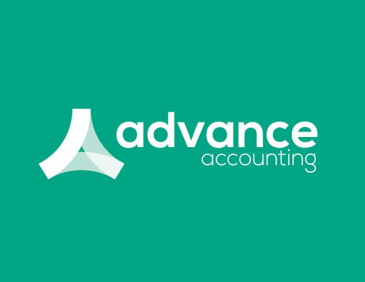
Should I incorporate my business?
We are regularly asked by start-up clients if they should incorporate their business. The answer is not always straightforward as the best type of structure in your business is the one which best suits your business needs.
To help guide those thinking about incorporating we have detailed below the main differences between a sole trader (or partnership if more than one person is involved) and a limited company.
What’s the difference?
If you operate as a sole trader you will be personally liable for the debts of the business in the event that the business fails. This means that you may be putting your personal assets at risk, eg, your house, car, savings etc.
In a limited company the debts are normally restricted to the company (unless you have put a personal guarantee in place). You as a shareholder would only stand to lose what you invested in the business.
Compliance requirements
The regulatory and legislative requirements for companies are certainly more onerous than for sole traders. Companies must file accounts and Annual Returns with Companies House in addition to filing accounts and corporation tax returns with HM Revenue and Customs. Failure to meet filing deadlines will result in fines and/or penalties. This is not normally the case for sole traders as you need only file tax returns for each financial year. In many cases this is something that the sole trader can complete themselves without the assistance of an accountant. Fines and penalties will only apply if you miss the tax return deadline of 31 January.
Taxation
Companies and sole traders are taxed differently and there are some tax savings associated with operating as a company. Income taken from the company in the form of dividends can be tax efficient. In addition, you would not be required to pay national insurance on dividend income. This is not the case for a sole trader where Class 2 and 4 national insurance are due.
Other considerations
Who you are dealing with may also influence the structure you adopt for your business. Some businesses, including many publicly funded organisations will only trade with companies. Potential suppliers may insist that you operate as a company so that they have visibility of accounts at companies house. This is important when undertaking credit checks.
Food for thought
Hopefully the above short guide has given you some food for thought. You should always seek specialist advice as early as possible if you are thinking of changing your business structure






